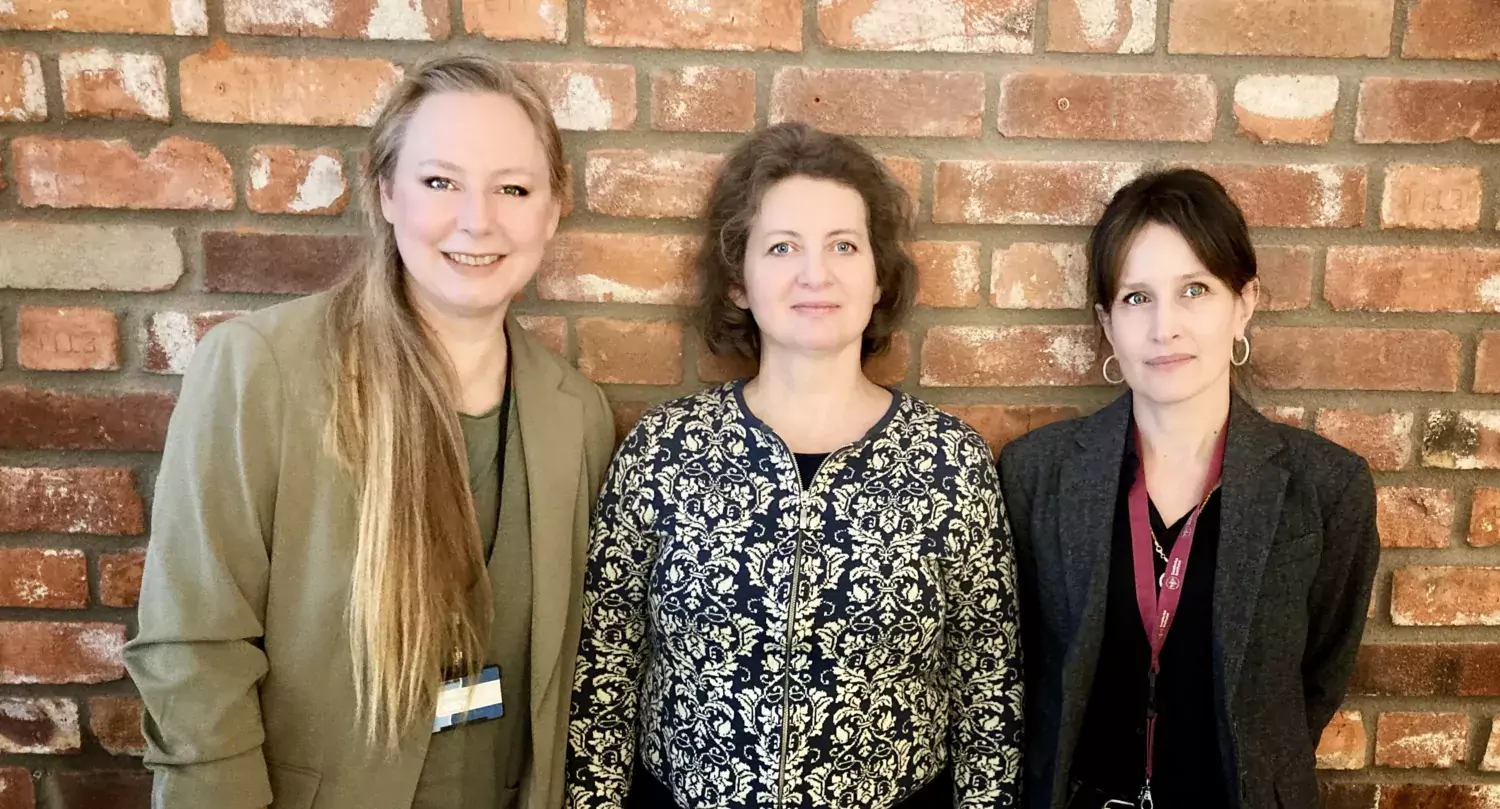Our research
The goal of our research group is to discover, integrate and validate new diagnostic and predictive biomarkers for comprehensive molecular characterization of lung tumors. These include primary lung cancer, malignant mesothelioma and lung metastases from tumors in other organs. By studying in detail basic molecular mechanisms that cause tumor invasion and resistance development, we optimize the conditions for early diagnostics. We also aim to improve prediction of treatment response for various individually tailored treatment options. For this, we perform resistance and susceptibility profiling for various established and experimental treatments in patient-exudate-derived ex-vivo model systems. Knowledge of which specific markers in the tumors can be used for early diagnosis and treatment prediction can, in the long term, lead to new, individually adapted and targeted treatments that match the unique gene profile of each patient.
Annica Gad's research
Why are tumors mechanically different from normal tissue? What controls the mechanical and physical properties of cells in cancer? Which molecules induce cell migration and metastasis, the main cause of cancer death? Why do most people not, and some animals never develop cancer, what protects us and keeps us healthy? We aim at understanding the molecular mechanisms that regulate the mechanical and spatial aspects of cancer, for future development of novel methods for therapies and diagnosis against cancer. We pursue hypothesis- and collaboration-based interdisciplinary research, that, mainly fall into the four following categories: Mechanobiology of mesenchymal cells, e.g. fibroblasts, Vimentin in cancer, Cancer-associated fibroblasts in triple negative breast cancer, Hyaluronan in cancer.
Links
Joanna Zawacka-Pankau's research
Our goal is to identify effective, specific, and selective treatments for solid and hematological cancers that can be rapidly translated into clinical practice. Towards that goal, we use repurposed drugs to reactivate p53 proteins, the standard of care, and unique pre-clinical models, including primary human cancer cells and humanized mouse models. We also strive to understand how p53 affects longevity by performing comparative proteins' sequence analysis in short-and long-lived species to understand which critical nodes in the p53 pathway are responsible for longevity in the Animal Kingdom. We hope, in the future, this knowledge could be translated to modulate physiological aging in humans.

